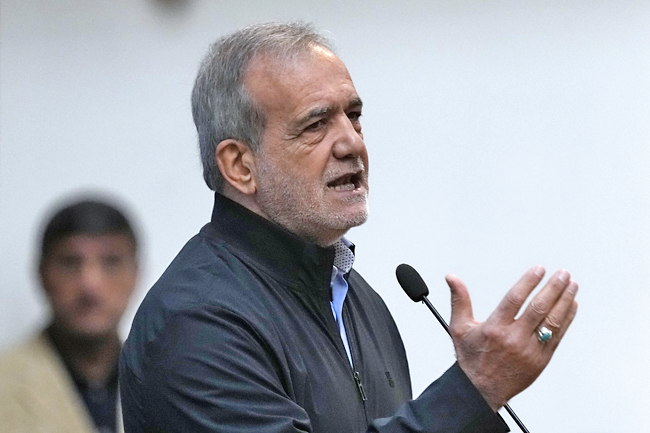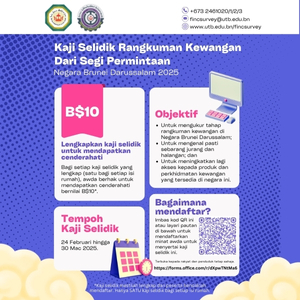TEHRAN (AFP) – Iran’s military has built a wall along more than 10 kilometres (km) of its eastern border with Afghanistan, the main entry point for immigrants, local media reported yesterday.
“More than 10 km of walls have been built on the border and another 50 km are ready to be walled off,” ISNA news agency said, citing General Nozar Nemati, deputy commander of army ground forces.
Iran shares a more than 900-kilometre border with Afghanistan and hosts one of the largest refugee populations in the world.
This comprises mostly well-integrated Afghans who arrived over the past 40 years after fleeing conflict in their home country.
The flow of Afghan immigrants has increased since the Taleban took over in August 2021 after United States forces withdrew.
Tehran has not given official figures for the number of Afghan immigrants, but Member of Parliament Abolfazl Torabi has estimated their number at “between six and seven million”.
The authorities have recently increased pressure on “illegal” refugees, regularly announcing expulsions through the eastern border.
“By blocking the border, we want to control the country’s entries and exits” and “better increase the security of border areas”, General Nemati said.
In September, Interior Minister Eskandar Momeni said Iran will employ other methods including barbed wire and water-filled ditches in addition to the wall to block the border.
On September 13, spokesman for the parliamentary National Security Committee Ebrahim Rezaei said police plan to “expel more than two million illegal citizens in the near future”.
According to the official IRNA news agency, Afghanis represent “more than 90 per cent of foreign nationals” in Iran, and “most of them enter the country without identity papers”.
Iranian President Masoud Pezeshkian has said his government plans to “repatriate illegal nationals to their country in a respectful manner”.
In the year starting in March 2023 Iran hosted more than 2.7 million documented Afghan refugees, according to the Statistics Centre.
That figure represents 97 per cent of legal migrants in the country.






